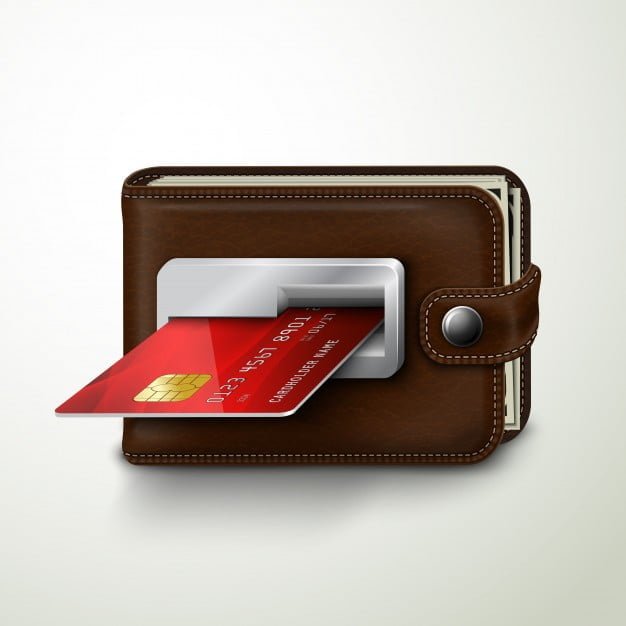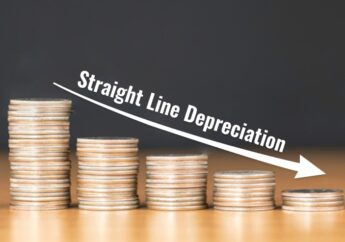Getting by as a Business in an Increasingly Cashless Society
by Mashum Mollah Finance Published on: 29 June 2020 Last Updated on: 30 January 2026

Are we witnessing the death of cash? For many people, spending time in lockdown led to them finally giving up on paper money because they discovered how easy it is to buy things online. Also, many supermarkets and grocery stores have discouraged the use of cash during the pandemic for safety reasons. We were close, already, to a tipping point – in many walks of life, cash is no longer necessary, with cards accepted almost everywhere. But what about small businesses that have yet to adjust? What challenges do they face in adapting to an increasingly cashless society, and how can they overcome them?
Catering to customers
Something that small businesses serving the public learn very quickly is that different customers have varying needs. While many have adjusted to using cards without difficulty, cash remains essential for others – especially those who routinely make a lot of small purchases, and those who struggle to budget. People who frequently find themselves getting into debt are often advised to use cash to reduce the risk of overspending. Continuing to let your customers pay in cash means you can remain accessible to more people, and you can benefit from being the preferred choice of those who could pay by card but find cash easier. That is particularly significant if you sell smaller, lower-cost items or if you want to cater to a youth market that includes teenagers too young to have access to cards.
The cost of cash
For the first couple of decades after the introduction of credit cards, many small businesses were unable to accept them because of the additional costs attached. Today the situation has reversed, and it’s dealing in cash that has become more expensive – even for banks, which are turning to a new generation of software from to manage their ATM cash distribution networks in a more affordable way. Dealing in cash means having to undertake more manual processing and data entry where cashless competitors are now using automated solutions. It means there’s a greater risk of error and that more employee hours must be devoted to routine accounting. Hence, businesses keen to persist in offering cash payments as an option for their customers must take account of these disadvantages and streamline the rest of their financial processes as much as possible.
Coping with power and internet outages
For businesses that have made the switch and gone completely cashless, a dependency on functioning electronic devices and an internet connection can create problems of its own. Many have stories of lost sales because equipment failed to work at the critical moment. Although it’s possible to reduce the risk to an extent by having battery-powered back-up and insurance against internet outages, it’s never possible to eliminate it. Every botched sale like this also means an unhappy customer and potential reputational damage. Keeping cash payments available as an option, even if you don’t use them most of the time, means you’ll still be able to trade if this happens. It can be as simple as having a secure cash box available even though your systems are otherwise converted to focus on cards.
Managing security risks
One of the great things about going cashless is that it means you’ll no longer have significant quantities of cash on your premises, making you a much less attractive target for robbers. The flip side of this, however, is that you’ll be more vulnerable to losing money through fraud. You’ll need to invest in up-to-date cybersecurity software, and you’ll also need to be careful about which of your employees have access to your accounts and how good their own approach to security (such as using strong passwords and not sharing computers) happens to be.
Keeping cash as an option but trading mostly using cards means that you’ll have some immediate funds available in the event of having to freeze your activities because of suspected fraud, but not so much that it will make you vulnerable.
It is a changing situation, and the use of cash will likely become rarer over the next few months and years, but in the meantime, at least, there is still a place for it. It’s a lifeline for some of the poorest people and for those (still significant in number) who don’t have bank accounts. Businesses need to think about how they can cater to these people, attracting and retaining loyal customers in the process.
Read Also:



































































































